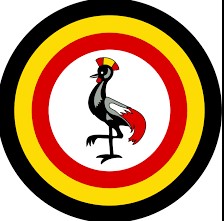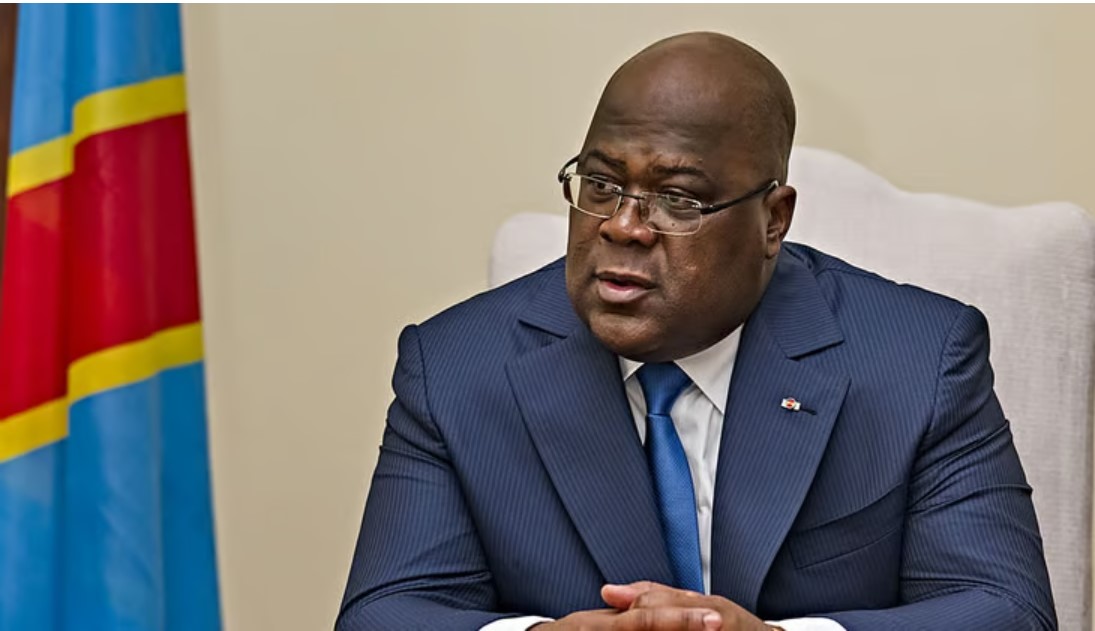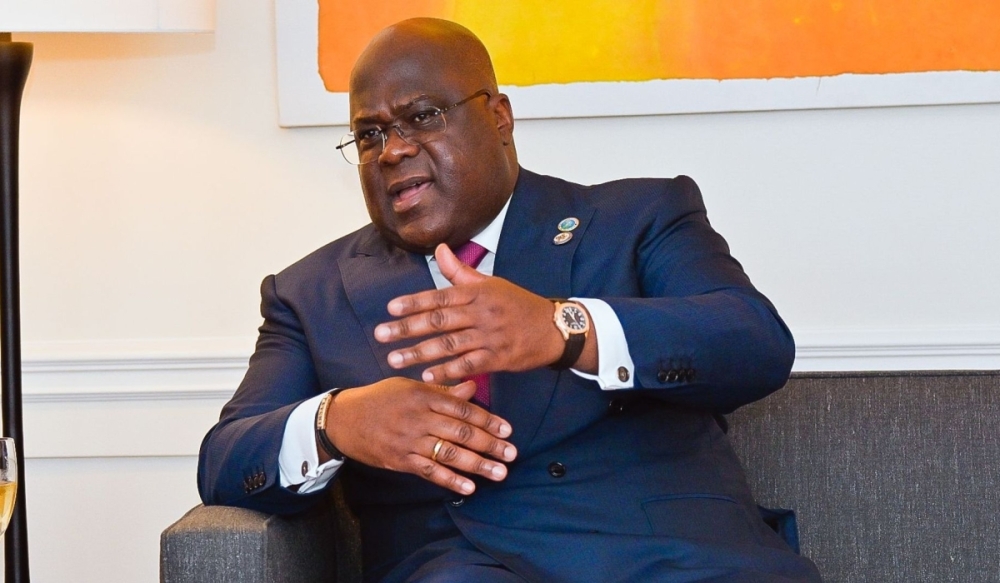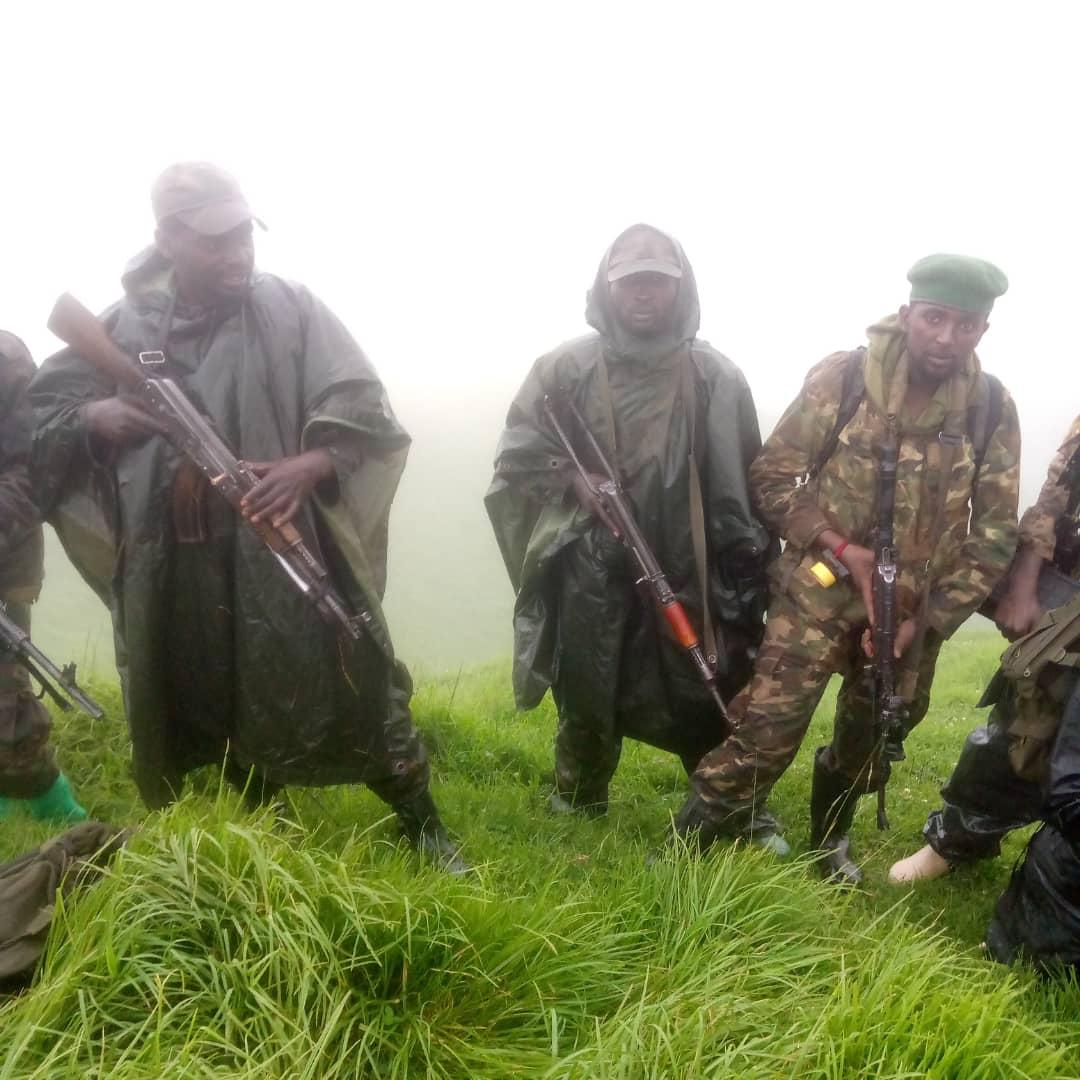Regional
Congolese govt should understand M23 is not its biggest problem
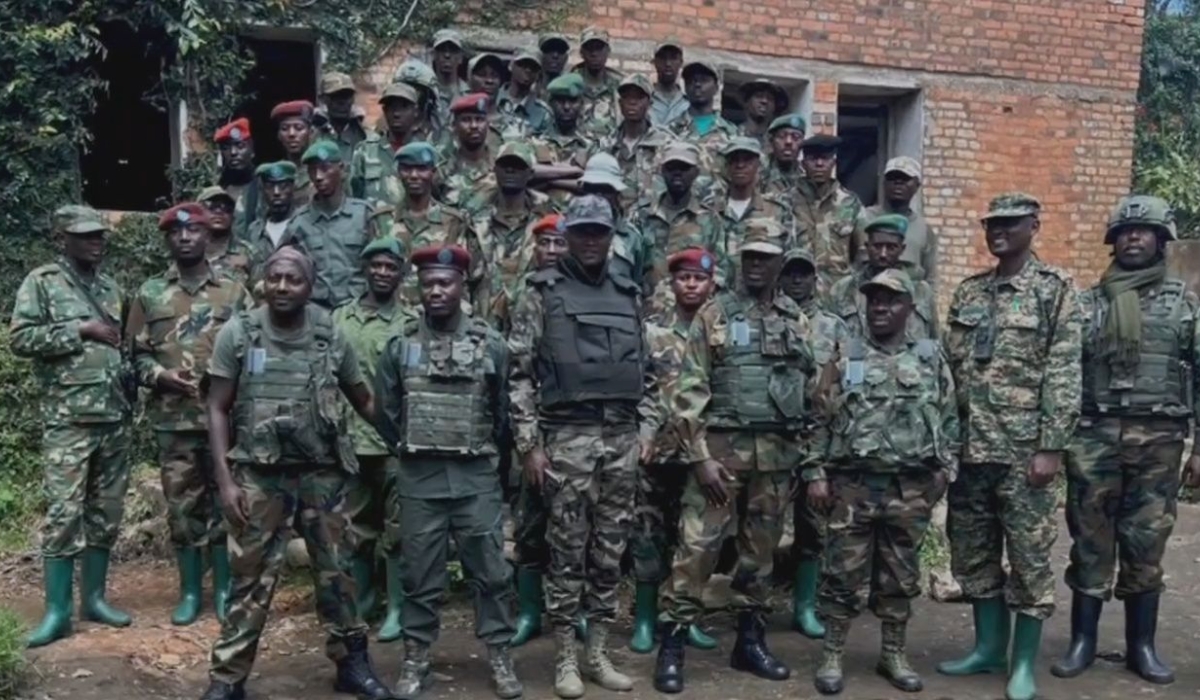
The
Democratic Republic of Congo has been experiencing insecurity, especially in
its eastern part, for more than three decades. Presently, there are more than
260 armed groups operating in the country’s restive east. Many of these groups,
sadly, receive support from the Congolese government through its corrupt
security forces.
Causes
of the ongoing conflict in eastern DRC include the country’s poor governance,
endemic corruption, and the failure of the country’s political establishment to
ensure security for the population.
The
existence of foreign and local armed groups which sustain themselves from
illegal mining revenue is merely a symptom of a larger problem. But the
Congolese government blames all its problems on one armed group, M23 rebels.
The rebellion is not the root cause of everything going wrong in a country
considered to be the world's richest country in terms of wealth in natural
resources.
What
makes the country a safe haven for terror groups?
Corruption,
weak governance and impunity are among the reasons why armed groups found a
comfort zone in the country’s restive east. The prevalence of many armed groups
subjected Congolese civilians to widespread rape and sexual violence, massive
human rights violations, and extreme poverty.
Endemic
corruption in the country is common knowledge ever since its independence. The
Congolese government’s lack of political will to investigate alleged
wrongdoings and the opacity of financial operations have long enabled corrupt
officials to enjoy impunity.
Corruption
in the country happens within all state institutions including security
institutions, and has destabilizing effects. During his state visit to Ituri,
one of the two eastern provinces put under a state of siege since May 2021 with
the aim of putting an end to the proliferation of armed groups, Congolese
President Félix Tshisekedi deplored the high levels of corruption within the
national army.
Due to
corruption, nearly 80 per cent of customs revenues are embezzled, a quarter of
the national budget is not properly accounted for, and millions of dollars are
misappropriated in the army and state-run companies.
The
plague of bad governance continues to affect the country. Violent crime is
common and local police lack resources to respond effectively to serious
crimes. Demonstrations are common in many cities. Some have turned violent.
Tshisekedi
has presided over a system of entrenched impunity. Officials responsible for
abuses are routinely rewarded with appointments to public positions, wealth,
and power. Congolese security forces have orchestrated much of the violence in
the east, in some cases by creating or backing local armed groups.
The
ongoing violence and massacres in eastern DRC were escalated by hate speech
spread by Congolese officials who were supposed to halt them.
Kinshasa
kept quiet and no single individual was tried for inciting hate speech, killing
the CongoleseTutsi, or looting and damaging their properties.
Widespread
impunity continues to reign, contributing to the recurrence of killings and
other serious crimes. Documented crimes remain unpunished. For three decades,
for example, Kinshasa has not shown any sound proof that it won't tolerate the
FDLR reign of terror and the group’s leaders won't enjoy impunity for their
crimes.
The
origins of the current violence in DRC are in the massive refugee crisis and
spillover from the 1994 genocide against the Tutsi in Rwanda. The génocidaires
fled to eastern DRC – where they were welcomed with open arms – and formed
armed groups, intent on wiping out the Tutsi population there.
Tshisekedi
has, for long, been advised by world leaders, politicians and diplomats to
solve the problem diplomatically by dismantling these genocidaires but their
advice went unheeded.
The
M23 is not Kinshasa’s top priority. The DRC is its own enemy, fighting the same
people they are supposed to protect. The rebels are far from being the sole
cause of the DRC conflict. They are fighting for a genuine cause; their rights
to life and establishment as any other Congolese citizens.


